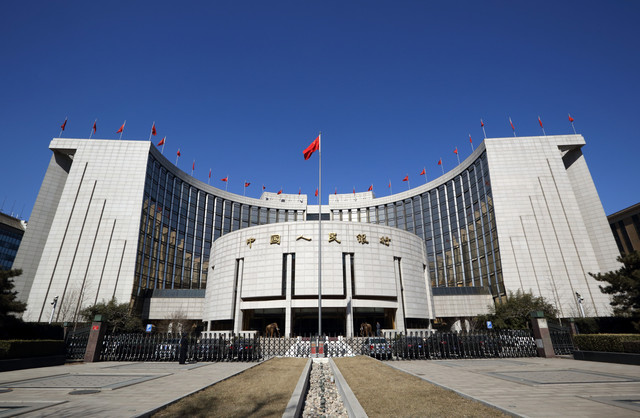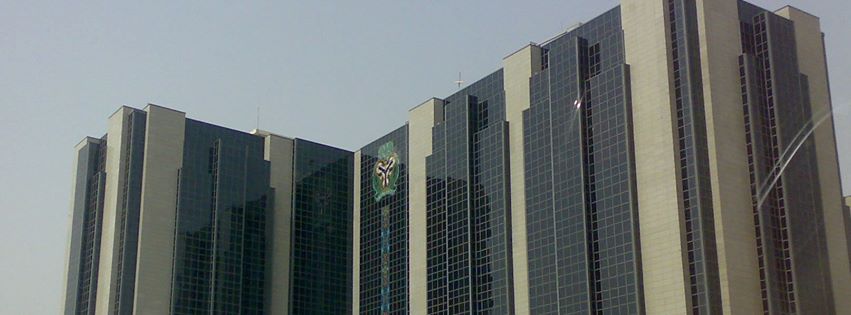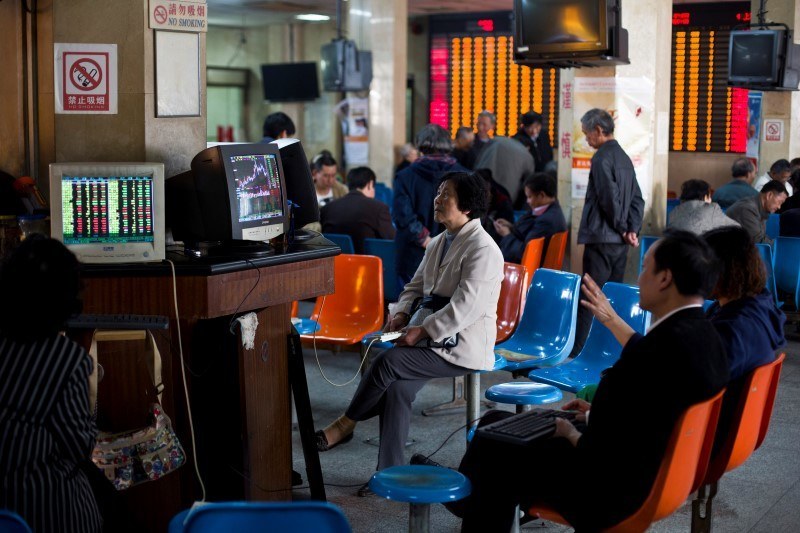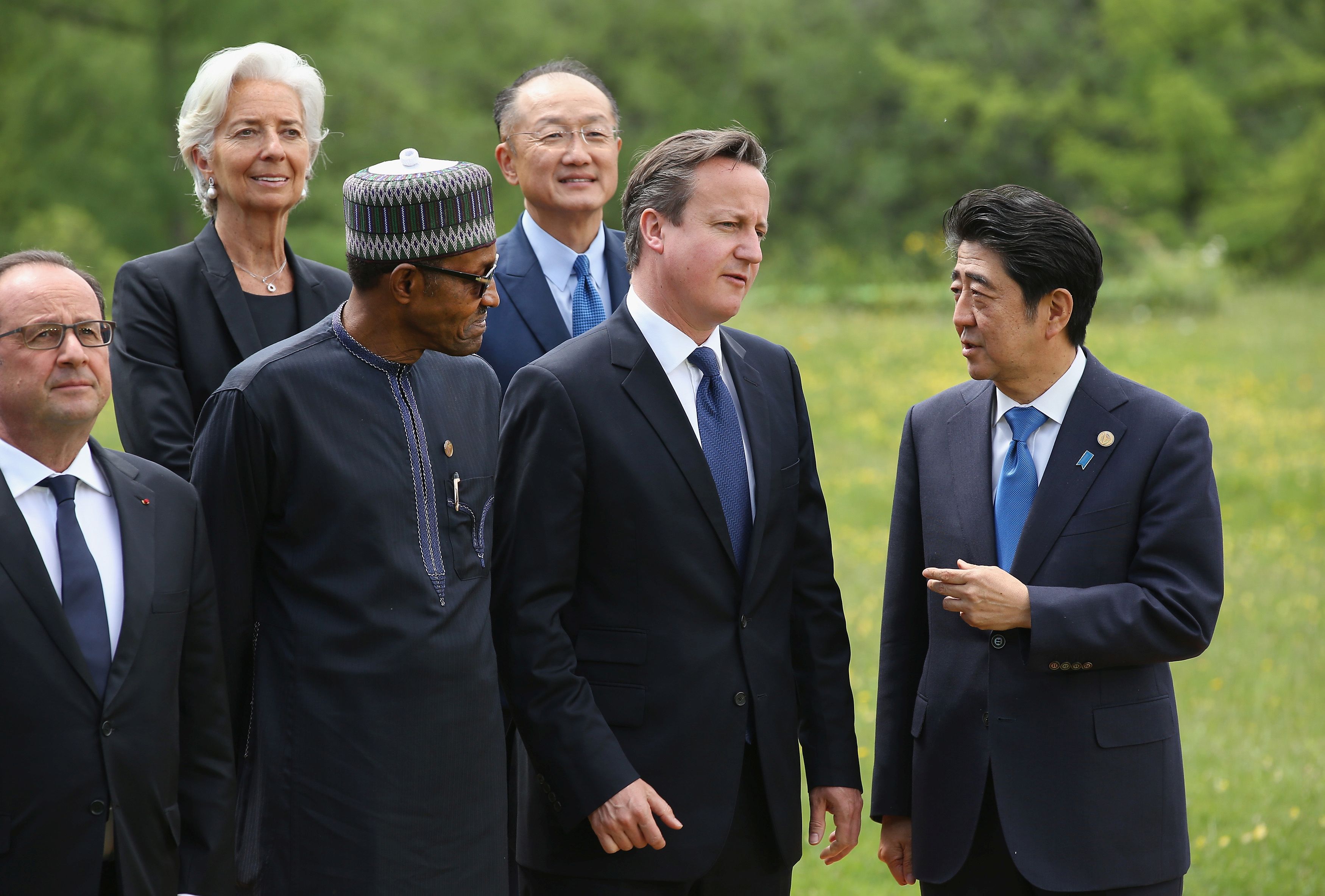Like many emerging currencies, the Naira has received punishment due to demand for the USD, and over the last month the USDNGN has seen a high of 199.3847 and a low of 197.4500 as the currency is shaken by low oil prices and falling demand in commodities. Over the last year, the Naira has fallen by 17 percent against the USD, and the situation has taken a turn towards initial monetary capital controls as the Central Bank of Nigeria banned the US dollar in an attempt to reinforce the national currency. The question everyone is asking is: will these controls work?
With Nigeria, the underlying economic issues are quite transparent – the oil price has bottomed out on an international basis, which is bound to affect national income in West Africa’s largest oil producing nation and trigger investor insecurity – hence the stockpiling of the USD in Nigeria.
Meanwhile, foreign currency reserves are down from 50 billion USD to around 30 billion USD, meaning that the buffer against the Federal Reserve raising interest rates are attracting investors to the USD is a lot less pleasant. Added to the oil price woes is a lack of direction on fiscal policy amid a government changeover, meaning that a swift approach to reverse the damage and strengthen up the economy is taking longer than expected and further affecting investor confidence.
So, taking a peek into the latest measures that have been taken by the central bank, the question is whether restricting USD holdings can actually work as it is intended and lift the Naira. This may simply be a case of treating a symptom, not the cause, because a currency is only as strong as its economy. Unless the fundamentals of GDP are working efficiently, the currency cannot gain a great deal of strength from capital controls, although of course there is always the argument that the controls will establish a holding pattern that can be maintained short-term without the situation worsening.
Advertisement
This year GDP growth may be seen to hit 5 percent for the full-year 2015, according to the African Development Bank. This is notably lower than the average of 7 percent over the last decade, reflecting the diminishing oil revenues. Other estimates are less upbeat, with some analysts predicting a growth rate of 3.5 percent. On the plus side, Nigeria is not fully dependent on oil revenues anymore because the economy has diversified into services, which now account for 57 percent of non-oil growth; manufacturing 9 percent, and agriculture 21 percent. Nonetheless, oil revenues still account for around 70 percent of government revenues, and a reduction in these revenues will impede its ability to reinvest in the economy and generate more growth.
Nigeria exports goods and services to China and Europe, both of which are themselves experiencing economic woes, bringing us back once again to the point that the US dollar will only increase in attractiveness as far as investors are concerned.
In the short term, the Naira may be exposed to more losses and when the US raise interest rates before the end of the year, it may receive further punishment from the strong USD. Medium to long term growth depends very much on the fiscal management of the economy, and investors are expecting to see new measures that may boost GDP, such as additional investment or incentives in non-oil sectors like manufacturing, services and agriculture.
Advertisement
Until such measures are implemented and investor confidence is regained, the Naira will continue being pressured on the foreign currency markets for the foreseeable future.
Lukman Otunuga is a research analyst at FXTM
Add a comment







